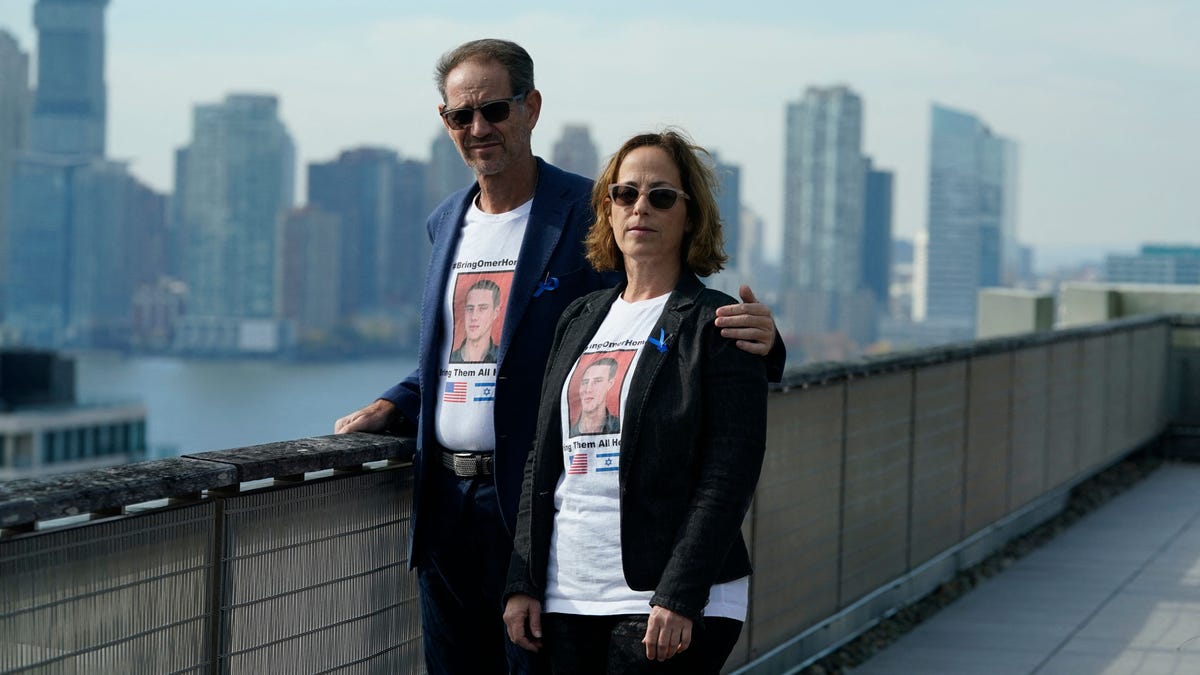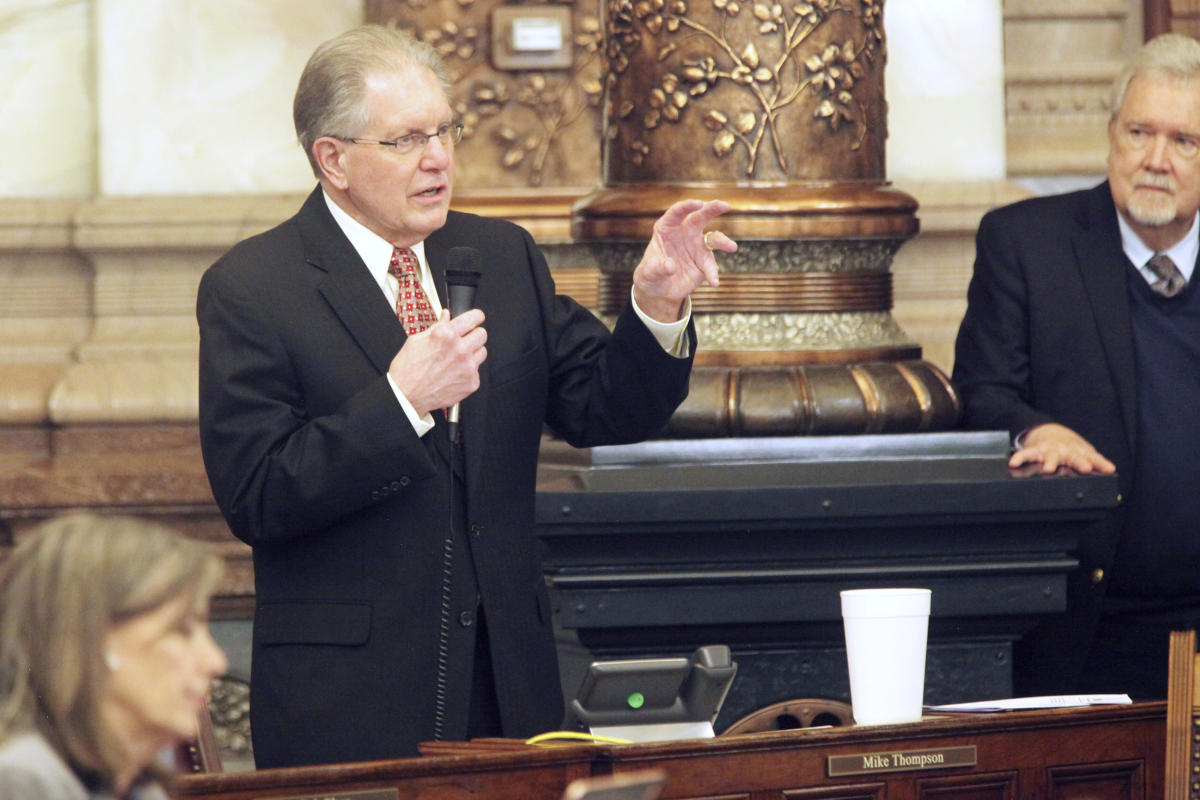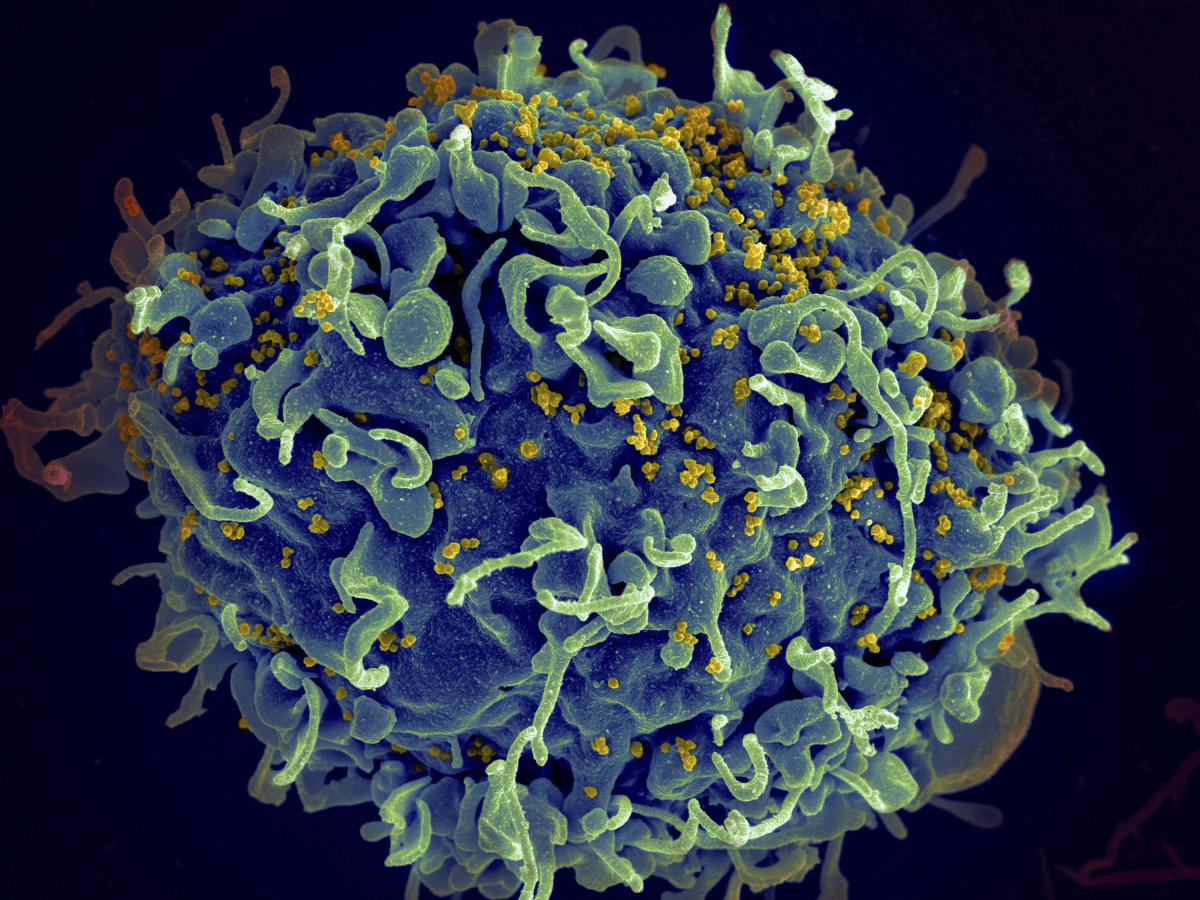Omer Neutra’s absence hangs on a dog tag around his father’s neck, declaring in Hebrew that his heart is held captive in Gaza. It’s displayed in his face emblazoned on his dad’s T-shirt and in the photos taped to empty chairs at holiday tables.
His absence drives his mother’s daily inner talks with her missing son, and her plans for a new apartment to be waiting for him to rebuild his life. It flickers in the candles his parents lit and watched burn down to the chocolate icing on his 22nd birthday.
For three months, it has fueled Ronen and Orna Neutra’s all-consuming mission to free their son, who grew up on Long Island, New York, and deferred college to spend a year in Israel, leading him into the Israeli army and, on Oct. 7, to his apparent capture by Hamas.
Now, as the captivity of the more than 130 remaining hostages hits the three-month mark, the couple says their son is running out of time amid stymied negotiations and dangers to the hostages that grow with each passing week.
“It’s very scary. And it’s frustrating,” said his mother, Orna Neutra.
Prospects for a negotiated deal that could return the hostages in exchange for Palestinian prisoners remain caught between Hamas’ demands for a full cease-fire and Israel’s aim to eliminate the group from Gaza, experts said.
Egypt has proposed a multistep peace proposal that included exchanges and an ultimate end to the war. But events such as the recent killing of a top Hamas leader in Beirut have complicated talks. The Neutras are now among those pressing for a deal for every hostage at once, rather than limited exchanges, as soon as possible.
“We can’t wait for the total dismantling of Hamas to gain their release. We can’t wait for the end of the war,” Ronen Neutra said.
Meanwhile, the couple remains in painful limbo. Since they were told by the Israeli government that Omer was taken hostage they’ve gotten no word. They don’t know where he is, or even if he’s alive.
They believe he’s likely being held in the warren of tunnels beneath Gaza, where some freed hostages have reported a severe lack of food and medical care, physical and psychological abuse and ongoing dangers from Israeli bombing.
For now, all they can do is continue their relentless work of the past three months, shuttling between Washington and Tel Aviv to lobby lawmakers, attending vigils and marches and publicizing the plight of their son and other hostages.
“He’s our son. We can’t think about not getting him back. It’s not an option,” Ronen said.
Shock and a life turned upside down
On Oct. 7, Orna and Ronen were about to go to bed at home near Plainview, New York, when they decided to check the news.
They knew Omer, who was serving in an Israeli army armored unit, was stationed near the kibbutz farming communities along the Gaza border.
There had been some clashes in recent weeks. In recent conversations, he’d told his mother by phone that things seemed to have calmed. Now, however, reporters suggested a major escalation. Ronen texted his son.
“Hey Omer, what’s going on?”
Their son’s presence in the Israeli army was rooted in the family’s connection to Israel.
Orna was born in the U.S. and Ronen in Israel, but both were dual citizens with family in both countries. Omer was born in Manhattan, a month after the Sept. 11 terrorist attacks.
He grew up on Long Island playing basketball, soccer and volleyball and attended Schechter School of Long Island, a Jewish day school. He was an outgoing, sometimes goofy, charismatic person, his parents said, often a sports captain and active in United Synagogue Youth. He loved hip-hop, fantasy football and the New York Knicks.
Family photos show a clean-cut Omer grinning with his parents and younger brother Daniel at a Knicks game and showing off a shirt from the State University of New York at Binghamton, where he’d been accepted to college.
But at 18, he deferred admission to Binghamton for a gap year in Israel, to participate in a service and education program that, for Israeli residents, serves as a prelude to mandatory military service.
Omer told his parents it seemed unfair his friends had to serve in the Israeli army and he did not. There were dangers, and it wasn’t an easy decision. But he decided to join under a program for people from other countries.
Ronen said they were proud of his sense of duty but said goodbye with a “heavy heart.” He later joined a tank unit.
But on Oct. 7, as the hours went by and Ronen’s WhatsApp showed the usually responsive son wasn’t seeing messages, they began to fear that something terrible had happened. They scrambled for information.
“We didn’t sleep the whole night. We just called anybody we know,” Ronen said.
Two days later, after the full horror of the attack emerged, the couple saw two men in dark suits from the Israeli Embassy coming to the door of their Plainview-area home.
“It was chilling,” Ronen said.
Eventually, they learned that Omer’s unit was attacked and that he and others had been taken into Gaza, he said recently, addressing a group in Israel.
The couple swung into action. They called lawmakers and government officials. They connected with other hostage families who would form the Hostages and Missing Families Forum, providing information, support and advocacy.
Soon they were attending a rally in Times Square and joining President Joe Biden on Zoom, where they told stories about son. They gave rounds of media interviews, sharing wrenching details including lighting a birthday cake for a son who wasn’t there to blow out the candles.
Fast-moving events put their hopes and fears on a roller coaster. In late October, they faced fresh fears for his safety when Israel launched its ground invasion.
“Our lives turned completely upside down,” Orna said.
Hope and a new mission
They couple kept in touch with U.S. and Israeli officials regularly, but for more than a month there was no word on their son’s whereabouts or condition.
They could only guess whether the punishing Israeli airstrikes and movement of troops into Gaza in the early weeks of November landed near him.
“The uncertainty and not having any information is really difficult,” Ronen said.
Then, the week after Orna joined thousands who gathered at a Nov. 14 Israeli solidarity rally at the National Mall in Washington, they received encouraging news.
Furious negotiations brokered by the United States, Egypt and Qatar had produced a plan to exchange some hostages for Palestinian prisoners. The pause would also allow more humanitarian aid for civilians suffering hunger and displacement.
They tempered their hopes. Experts said soldiers were likely to be those held the longest.
“We knew that it’s mostly kids and women, and we respect that,” Ronen said. “But, of course, we wanted to see Omer among them.”
Around Thanksgiving, the couple traveled to Israel, where emotional scenes were playing out as captives returned on Red Cross vans to their families. In those exchanges, two Americans, including 4-year-old Abigail Edan, were freed.
In all, more than 100 hostages were exchanged for 240 Palestinian prisoners, mostly women and children on both sides, before the deal collapsed and combat resumed, another blow to hostage families.
Returnees who spoke about their conditions, some citing a lack of medical care or being held at gunpoint and constantly fearing death, only added to the Neutras’ worries.
Back home on Long Island, community and friends rallied around them, holding events, providing food and helping keep Omer’s story on social media and in the news. One of Omer’s friends was keeping up his fantasy football team, Orna said. And their story was touching the public, including a woman who commented on a Times of Israel story after hearing Orna speak about her son.
“I had to lean on the kitchen countertop for support listening to you and the pain you’re experiencing,” she wrote. “My own son turns 22 in a couple weeks.”
Omer also appeared among the #KidnappedFromIsrael flyers, created by Israeli artists, that were plastered on walls around New York and cities across the globe to draw attention to their plight. The couple was dismayed when some were torn down amid widening protests over Israel’s response by people supporting Palestinian rights.
Ronen said he sympathized with the Palestinian people in Gaza – they, too, had been taken hostage by Hamas. But they worked hard to steer clear of politics. This was about their son, and they focused on issues such as drawing attention to the fact that Hamas would not let the Red Cross visit to check on the hostages.
They desperately wanted word. Neutra’s brother, Daniel, delivered a message to Omer in one interview saying: “Just stay strong and know that we’re doing all we can.”
His mother had her own way.
“I speak to him every day in my mind,” Orna said. “We try to keep the hope.”
Calls for a hostage deal grow more urgent
On a December day in Washington, the couple walked into a somber Hanukkah event at the Israeli Embassy. Outside, several protestors waved Palestinian flags, according to one report. Inside, a wall showed photos of Omer and other hostages.
“We pray for a Hanukkah miracle that will bring Omer back to us, together with the remaining hostages,” Orna said. “We pray that the light we spread is stronger and more powerful than the evil and darkness overshadowing right now.”
A day later, they were among 13 hostage families at the White House to meet with Biden, who they said underscored the U.S. commitment to bring the hostages home.
About six Americans, including Omer, are believed to be among the hostages. One American woman remains unaccounted for. Four American hostages have been released by Hamas, including two during a weeklong cease-fire last month.
He’s also one of an unclear number with Israeli military ties, a connection that could complicate their release.
On Dec. 15, the dangers to the hostages held in a war zone were highlighted when three Israeli soldiers who had escaped their captors were mistakenly killed by Israeli troops, fueling more tensions with hostage families.
By Christmas, the couple took their pleas back to Israel to lobby lawmakers there while the U.S. Congress was on break. Hostage families were putting continued pressure on Prime Minister Benjamin Netanyahu’s government to do whatever it took to bring them home, holding regular demonstrations, speeches and rallies in Israel.
“Their situation is only becoming more dangerous, and more life-threatening with every day that passes,” said Jonathan Dekel-Chen, whose 35-year-old Israeli American son, Sagui, was taken from Kibbutz Nir Oz.
Israel had recently proposed a weeklong truce to return more women and children, but Hamas had rejected it, demanding instead that Israel completely end its offensive before any further negotiations, according to news reports.
Most hostage families say any deal that gets the hostages home is worth the cost, though a small number disagree, said Gershon Baskin, Middle East director for peace-building group International Communities Organization, who helped negotiate the 2011 exchange of an Israeli soldier for more than 1,000 Palestinian prisoners.
“There’s no victory for Israel in this war if the hostages don’t come home,” Baskin said.
In more private moments, outside of their busy schedule of public appearances, Ronen and Orna spoke with some of Omer’s Israeli friends. They learned that one night before the attack, he watched the sunset with a friend and pondered life after his service.
Because their son would by now have been looking for a new apartment, his parents are doing that in his place – hoping to find a nice new place and fill it with his belongings, where he can land and rebuild his life while healing from whatever scars he might carry home.
“It gives us again another task on our to-do list, to stay positive and productive, and just create the future that we want to have,” Ronen said. “We are acting and working with the full belief that he’s alive.”

David Turner is a globe-trotting journalist who brings a global perspective to our readers. With a commitment to shedding light on international events, he explores complex geopolitical issues, offering a nuanced view of the world’s most pressing challenges.




/cdn.vox-cdn.com/uploads/chorus_asset/file/24002656/acastro_STK105_peacock_01.jpg)



